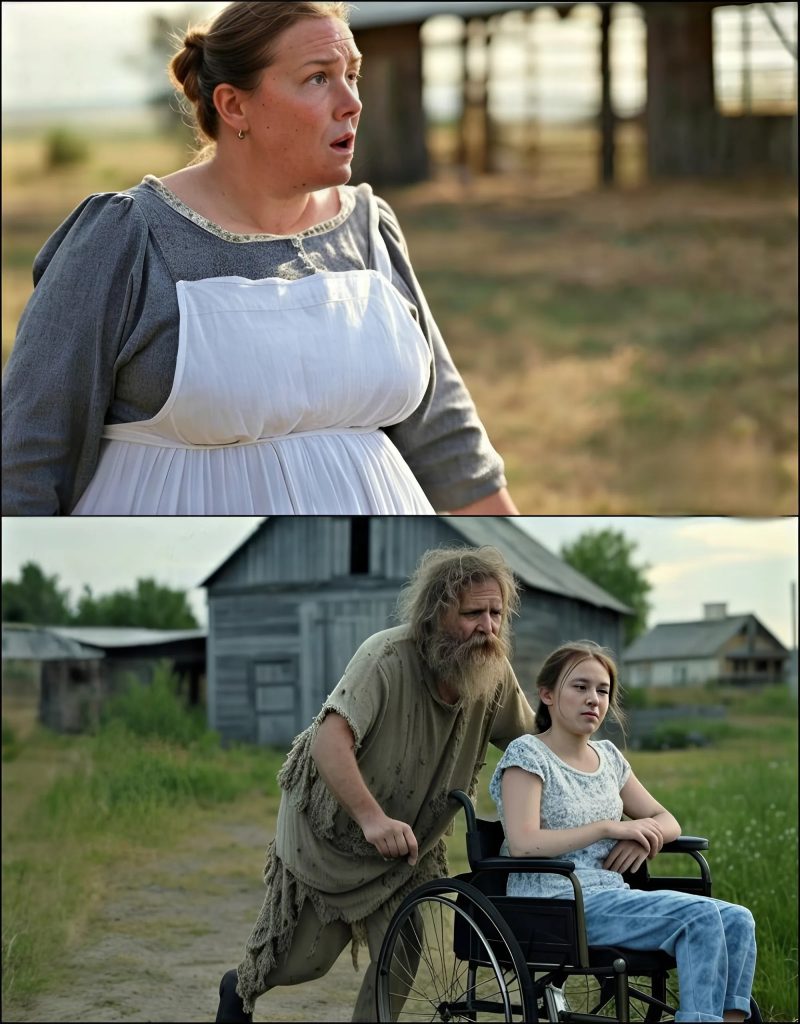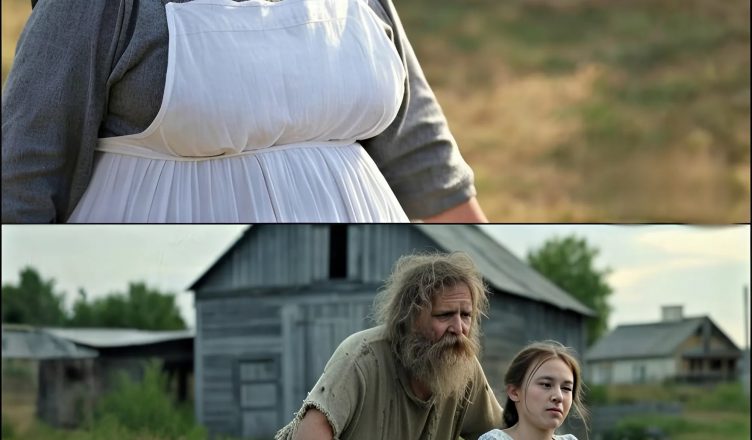Marina believed she wasn’t lucky in life. She rarely said it out loud — after all, what was there to say? Everything was already clear. Since her teenage years, she had dreamed of escaping her village, moving to the city, getting married, and living a happy life without having to drag stubborn cows by their tails every morning at dawn. And in some way, her dream came true.
She left home after school, studied, graduated from vocational college, and got a job at a textile factory. They gave her a room in the dormitory. Not long after, she met Sergey. He was tall, charming, worked as a mechanic. They quickly fell in love and married. At first, everything was like a movie: hand-in-hand walks, laughter, their first shared photos. But after a year, it all began to fall apart.
Sergey started drinking. Not every day, but often enough. Fights followed. Then came the silences. Then — the blows. Marina stayed longer than she should have, but in the end, she was left alone. Pregnant. She gave birth to a girl and named her Olya.
Returning to the village was the last thing she wanted. But life left her no choice. The factory closed, there was no money for rent, and the only roof she had was her late grandmother’s old wooden house in the countryside.
Marina became a milkmaid. Every morning before sunrise, she wrapped her feet in scarves to fight off the cold and trudged through snow to the barn. There, steam from warm manure rose to meet her breath. She milked cows in silence, thinking only about how to get through the day — how to feed Olya, save for medicine, buy winter boots.
Olya grew into a quiet, thoughtful, creative girl. She drew, she read, she wrote poems. Then, the tragedy struck. Her legs stopped responding. The doctors couldn’t figure it out at first, then the diagnosis came — a rare neurological condition. Incurable. Her life would be spent in a wheelchair.
Marina tried everything: hospitals, clinics, folk remedies, even prayer. Nothing worked. Eventually, she stopped hoping for a cure. But she never stopped trying to make Olya’s life brighter.
They lived simply, with very little. Occasionally, volunteers visited the village and left books and clothes. Olya kept reading, kept drawing. But she was alone. Children didn’t want to play with “the girl in the wheelchair.”

Then, one spring morning, a stranger arrived.
No one knew who he was or where he came from. A tall man, scruffy, with a worn-out backpack and long coat. The locals called him a tramp — no documents, no address, no past. He wandered through the village, offering help in exchange for food: fixing roofs, chopping wood, painting fences. He spoke little, ate less. His name was Vadim.
Olya was the first to talk to him. She was outside, sketching, when he passed by. He stopped, glanced at her drawing, and said, “You’re really good.” From then on, he started visiting.
At first, Marina was wary. A strange man around her daughter? But soon she saw: Vadim brought books, carved little wooden toys, told magical stories. Olya laughed with him — a sound Marina hadn’t heard in years.
Vadim asked for nothing. He never pried. He helped around the house, fetched water, repaired what was broken. Sometimes he stayed for dinner. He didn’t smoke, didn’t drink, didn’t raise his voice. He was just… there. Present. Quiet. Reliable.
Then came the day that changed everything.
Marina came home early from work and overheard two neighbors gossiping.
— Did you hear? That man took your daughter to the bathhouse.
— What? Who? Vadim? — Marina asked.
— Yes, him. Said he was helping her wash.
Her heart dropped. Without thinking, she ran toward the old bathhouse on the edge of the property. The door was ajar. She kicked it open and stormed inside.
And froze.
Olya sat in an old wooden tub, filled with warm water and bubbles. Wooden toys floated around her. Steam swirled gently in the air. Vadim knelt beside her, his back turned, gently pouring warm water over her head with a ladle. His face was calm, serious, focused. Olya was laughing — real, open laughter.
— Mama, look! He made me a bubble bath! — she shouted with pure joy.
Marina stood in the doorway, unable to move. She felt no fear, no anger — just… stillness. For the first time, someone had given her daughter something more than sympathy. He had given her joy. Childhood. A piece of normal life.
From that day on, everything changed.
Vadim became part of their world. Marina stopped asking who he was or where he came from. It didn’t matter. Her daughter was laughing again.
Marina never believed in miracles. But maybe miracles didn’t always come with thunder and angels. Sometimes, they came in a frayed coat, with calloused hands and quiet eyes. Sometimes, they simply showed up and stayed.
And when they did, you just knew: life had finally given something back.
